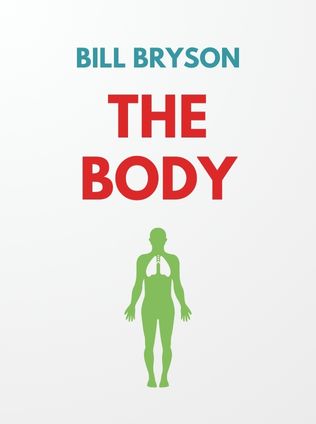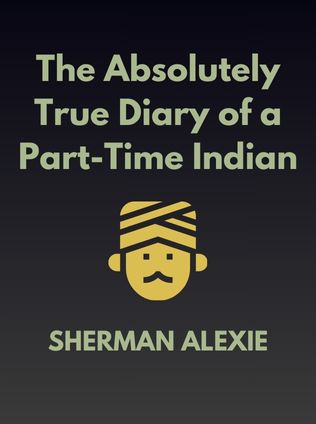
Fast Food Nation
The Dark Side of the All-American Meal
By Eric Schlosser
Published 01/2001
About the Author
Eric Schlosser, a formidable journalist and investigative writer, is renowned for his deep dives into American culture and the hidden intricacies that often go unnoticed. His work, particularly in "Fast Food Nation: The Dark Side of the All-American Meal," is a testament to his ability to unravel the complexities of industries that shape modern life. Schlosser's writing is not just about presenting facts; it’s about telling a story that connects readers emotionally and intellectually with the subject matter. Born in New York City, Schlosser developed a keen sense of curiosity from a young age, which later translated into a career where he consistently explored the intersections of culture, economics, and human behavior.
In "Fast Food Nation," Schlosser does more than just critique the fast food industry; he examines how the industry reflects and influences broader societal trends. His investigative approach is meticulous, supported by a rich array of data and personal anecdotes that bring the narrative to life. Schlosser's style is deeply engaging, pulling readers into the hidden worlds of fast food kitchens, slaughterhouses, and marketing boardrooms, while challenging them to think critically about the food they consume and the systems that produce it.
Main Idea
"Fast Food Nation" explores the rise of the fast food industry in America and its subsequent impact on various aspects of society, including public health, labor practices, and the environment. Schlosser argues that the fast food industry is not merely a collection of restaurants serving convenient meals but a powerful force that has reshaped the American economy, culture, and even the landscape. The book reveals the dark underbelly of this industry, exposing the exploitation, health hazards, and cultural shifts that have occurred as a result of the fast food revolution.
Table of Contents
- Introduction: The American Way
- Chapter 1: The Founding Fathers of Fast Food
- Chapter 2: Your Trusted Friends
- Chapter 3: Behind the Counter
- Chapter 4: Success
- Chapter 5: Why the Fries Taste Good
- Chapter 6: On the Range
- Chapter 7: Cogs in the Great Machine
- Chapter 8: The Most Dangerous Job
- Chapter 9: What's in the Meat
- Chapter 10: Global Realization
- Epilogue: Have It Your Way
Introduction: The American Way
The introduction sets the tone for the entire book, presenting the fast food industry as a symbol of American ingenuity and ambition. However, Schlosser quickly subverts this notion by highlighting the darker implications of this industry. He paints a picture of a country that has sacrificed quality for convenience, leading to widespread consequences. Schlosser writes,
"Over the last three decades, fast food has infiltrated every nook and cranny of American society. The typical American now consumes about three hamburgers and four orders of french fries every week."
— Eric Schlosser
This statement is not just a statistic; it’s a reflection of how deeply embedded fast food is in the American lifestyle, shaping diets, health, and even social norms.
Chapter 1: The Founding Fathers of Fast Food
In this chapter, Schlosser delves into the origins of the fast food industry, tracing it back to Southern California in the 1950s. He introduces readers to key figures like the McDonald brothers and Ray Kroc, whose innovations in food preparation and marketing revolutionized the restaurant business. The assembly line method, pioneered by Henry Ford, found its way into the kitchens of fast food chains, transforming food preparation into a mechanized, highly efficient process.
Sign up for FREE and get access to 1,400+ books summaries.
You May Also Like
Rich Dad Poor Dad
What the Rich Teach Their Kids About Money - That the Poor and Middle Class Do Not!
By Robert T. KiyosakiFreakonomics
A Rogue Economist Explores the Hidden Side of Everything
By Steven D. Levitt and Stephen J. DubnerThe Body Keeps the Score
Brain, Mind, and Body in the Healing of Trauma
By Bessel van der KolkFactfulness
Ten Reasons We're Wrong About the World – and Why Things Are Better Than You Think
By Hans Rosling



















